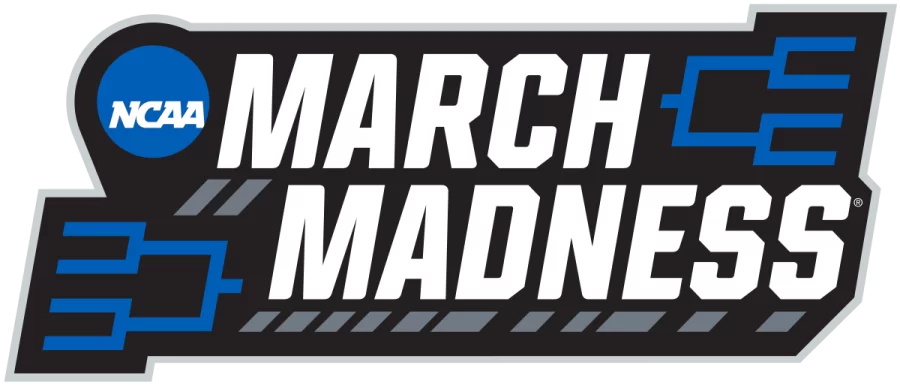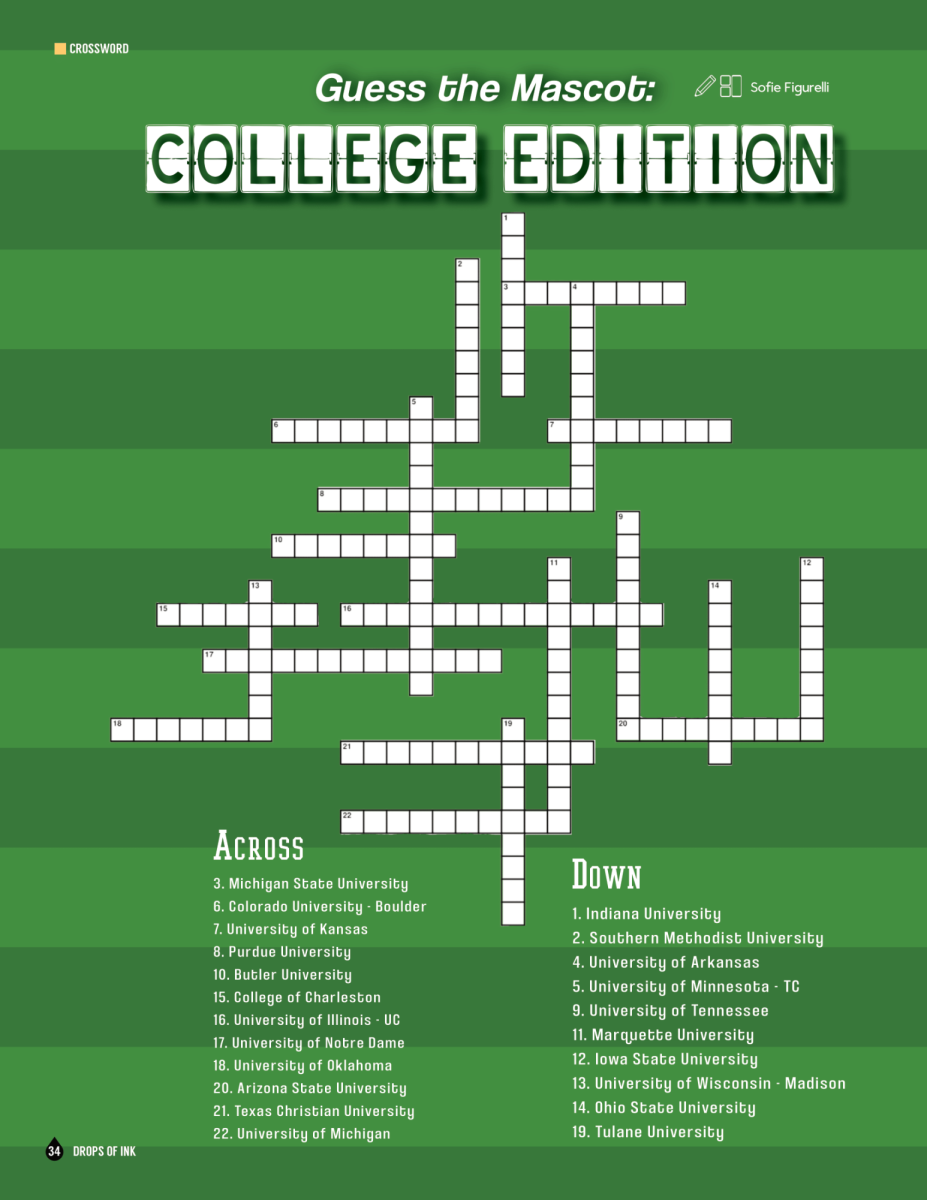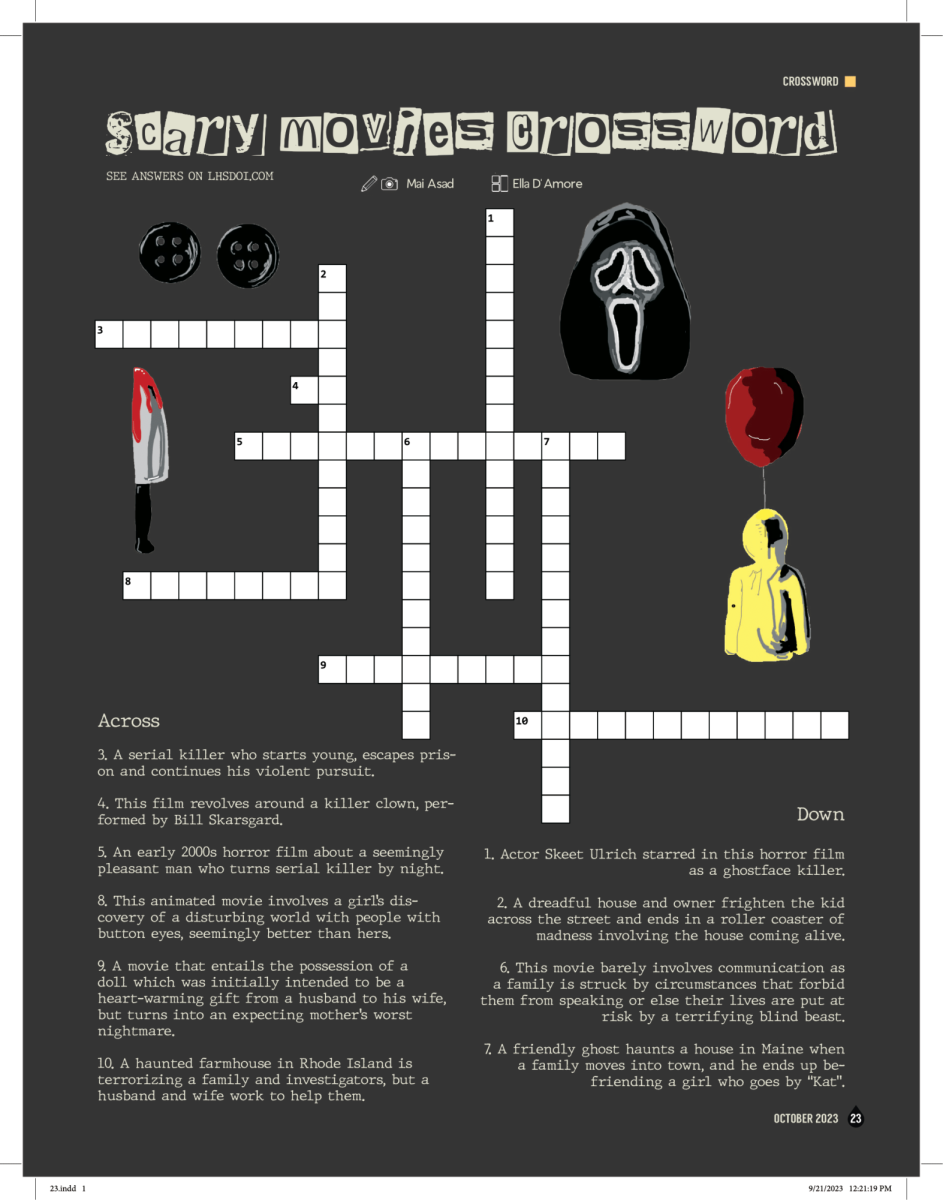So, apparently demonstrated interest can be almost detrimental to students. How much would you say is too much?
You never want to stalk the college. You know, different colleges handle demonstrated interest in different ways. Some really do track it. Others (the more prestigious, like University of Chicago) will tell you We don’t care. We don’t track it. It is a fine line. Definitely be appropriate. Don’t go over the top. Use your admission officer. One of the admission reps was in here the other day and she actually gave her cell phone number out to students, but she said, I have three conditions: You don’t stalk me; that you always (when you call) tell me who you are, where you go to school, and what grade you’re in; and that you never give this phone number to your parents. I’d say that’s very fair and very kind of her to do that. So she was laying out her parameters very clearly. Follow those. Don’t abuse anything in your desire to let that rep know that you’re interested in their school.
With schools where you have a history, such as going to a summer program or the like, and where you’ve discussed problems you might have dietarily, for example, or maybe some other sort of limitation that might reflect poorly or make you seem complicated or problematic, does that travel into the application process?
It shouldn’t. Food allergies are okay. You can be gluten intolerant and still be okay.
For a student who is really, really interested in a school, but doesn’t have specific leadership in their intended area of study, such as an engineering or music, what can one do if they’ve always shown minor interest, but have always spread themselves a little too thin to cultivate leadership skills, specifically?
There are certain programs where colleges look to see have you had experience in this area before: Have you sought that out? The one that comes to mind the most is nursing. That’s not to say that you couldn’t get into a nursing school without having volunteered or something like that, but I think those experiences can carry you farther for competitive nursing programs. Now let’s take nursing out of the equation. For the vast majority of other majors, programs, and interest areas, colleges are not necessarily looking to see did you do a specific thing? They’re basically trying to see: Are you involved? Did you pursue things that you were interested in? They can read pretty quickly if you’re a serial joiner. You know, where your resume is full of different clubs and activities, but there’s not a lot of growing leadership within any one of them. I always tell students it’s about quality rather than quantity. If you’re involved in two or three things but you’re really involved in them because you love them and you’ve grown within them every year, that’s awesome. You get ten spots on the application to list your top ten activities and some pretty amazing students are like, but I have more. And they really do, they’re involved with all of them. They’re the exception. I think for most students, it’s probably the things you love.
Would you say that most schools see having a lot of activities as padding a resume? Say a student has been in Student Council since third grade, but never really gained a leadership role because they have other interests? Does that look like padding or just having continued interest and a lack of time?
I would say the latter. I mean if you’re in Student Council one year, well, then that doesn’t mean a lot. If you’ve stuck with it, though, even on the representative level, that’s shown continued interest.
So, it’s also depth of involvement, not only amount of leadership?
Yep, absolutely. It might be the place where you show leadership, but if you don’t have time. That’s okay.
How many students have relatives who are better at writing, or perhaps are more sure of what they might write, and have them write their essays for them?
Oh, actually do the writing for them? That’s a great question. Unfortunately, a growing number. I don’t think at Libertyville that we’re rife with this yet, but nationally it’s becoming an issue. And almost invariably when you say “relatives,” it’s a parent. What’s really sad is that a 45- or 50-year-old parent writes incredibly differently from a 17- or 18-year-old high school senior, and colleges can sniff that out from miles away, so it really is a disservice to everybody, but it’s happening.
Are there particular telltales?
Language is probably the biggest one. When I read something that doesn’t sound like the student, that’s using words or turns of phrase, or anything that gives it away, I can spot it immediately. Sometimes I think students may start out writing, but a parent over-edits, and it ends up sounding less like the student and more like a parent.
So, for the student who maybe has a more sophisticated grasp of language, or perhaps a more sophisticated writing style, is there still a way to identify that as the student rather than writing it off as a parent?
Yes, absolutely. I think it’s just authenticity. It comes down to what they write about and how they write it. Like I said, overall at Libertyville, I think students are great about writing their own essays, but there are times when I read one and go “hmm…” And with parents, it’s honestly even how they talk about the process: They talk about “our” application and “our” process, instead of “my child’s”, or “his” or “hers”. But if you have a strong vocabulary, you absolutely can write and use that, and it sounds like you.
On the topic of authenticity, how much does that really come through in an application? Say, for a student who is well suited to a school but not as authentically interested versus a student who is authentically interested but not as predictable a fit at the school.
A student’s authentic interest in a school in particular really does come through, and I really try to get students to understand that when you’re choosing schools to apply to, don’t just apply to see if you can get in. Really make sure that it’s a good match for you and that it fits. If it doesn’t and it’s a really, really selective school, they can tell that you don’t have a firm grasp of who that college is and why you’re applying. So, yes, I think that authenticity is very important, and I always tell seniors as you’re writing your short essays and that sort of thing, don’t worry about what you think that they want to hear. They don’t have an agenda. They’re not saying we need to hear this, this, and this. They’re saying, we want to know about you, so think more in terms of what do I want to tell them about me … so, just turning that around and thinking about what’s important to me that I want them to know about.
So, would that even come down to when people are putting together recommendations? I know that some schools allow only two recommendations per application. In cases like that, is there a way to emphasize a certain part of oneself, despite a student having three recommendations they really want to get in? How would one go about really expressing every facet of their life with a limited number like that?
If you have two teacher recommendations, those are from your classroom teachers, so they know you as a student in their classroom, so they’re going to talk specifically about who you are in that environment. So, in that case, I think it’s important to get teachers who can talk about you from different angles. A science teacher may talk about you in terms of analysis, and labs, research, and that sort of thing, whereas a history or an English teacher may talk about you from a very different angle. You won’t see the letters, but you can definitely influence what teachers talk about, and we have forms that seniors fill out for the teachers giving lots of information on themselves and what they learned in their class, what they’re involved in, and that sort of thing, so teachers use that to help construct their letters.
So, give that additional information to the teachers themselves and if you can only submit a limited number of recommendations, they can cover what you need?
Yes. That’s built in. That’s part of the process for seniors.
Because schools offer programs, some affiliated with the school, some not, some valid in terms of admissions, some not, how are students, who are inundated with messages from different programs, to know what’s of worth? Is there a comprehensive list of valid programs and dubious ones (for example, leadership institutes that are offered at great schools with which they’re not really associated)?
Unfortunately, no. There are organizations out there that put together these programs (National Youth Leadership series; there are forums on medicine, business, communications, … all kinds of things) and they’re really, really good at the marketing.They make it really slick. If they send it to you in the mail, it’s got a gold seal on it, and it looks really elegant, and they’re really expensive programs. Really expensive. Some of them are awesome: they bring in amazing speakers, you get to rub elbows with students from all over the country, but colleges are very aware that these are expensive programs that really don’t give scholarships out to students who could use some help to attend, so they become just for students of means. So, if they’re on your resume, they don’t pack as much of a punch, if any.
Okay, so some come across as only for students who are wealthier. What about a program that does offer scholarships versus a program that just requires that someone pay out of pocket, would you say that there’s a difference in perception between those two programs?
Yes, as long as the colleges are aware of that. But yes, absolutely.
So, going through a reputable institution would carry more weight than just going through an organization?
Right. Now, does going to a [prestigious school’s] summer program give you a big advantage in applying as an undergraduate? What do you think?
Probably not.
Exactly. I’ve had students go to Harvard and Stanford and Yale for summer programs in hope that that’s going to give them an edge, and it doesn’t, unfortunately.
It just gives them an experience.
It’s just an experience, yeah.
For students moving on to “life after Libertyville”, what gives you hope and what makes you question the possibility of success in the future?
Great question. One of the things that we’re thinking about is that we can brag about the fact that most of the senior class goes on to college, two- or four-year, and that’s a nice number to have, but what’s harder for us to track is how many students finish college, and that has to do with persistence. Can they persist once they get there? And I think, overall, we do very well at Libertyville. I think our students are very successful. When I talk to students who’ve done well here at Libertyville, they come back in their first year of college, and they’re doing great. They may have one or two classes that are really hard, but overall they feel very confident. So that gives me hope. I think that going on to get a college degree is still a very worthy cause. Higher education does correlate to just better opportunity in life. What does give me pause is that I think there is still room for improvement anywhere … just nationally we need to do a better job of helping everybody to be college ready, even if they don’t go to college. Because no matter what you do after high school, you’ll need further training most likely, so being ready for that further training is important.
Okay, so it’s not so much a concern about Libertyville students, but all students generally?
Nationally. I think that we’re in a very, very lucky area. Parents are highly educated. Students are highly educated. We have the advantages that students from inner city Chicago, or from North Dakota, or L.A., don’t necessarily have. So how do we make that a more of a universal experience rather than just from the white, affluent suburbs? It would be nice to make that national.
Yeah, so on that, do you find that there’s more success with students who have a mentor (in maybe a teacher who’s noticed a proficiency in an area, or at work with someone who’s suggesting how to pursue a field) and should students be looking actively for one?
Oh, yeah, studies have shown that students who can connect with at least one adult, no matter who that adult is (it might be a teacher, it might be a counselor, it might be an administrator, it might be a staff member), but who cares about them and wants to see that they succeed, so they can push them in a proficiency area, they’re, again, going have a higher chance of success and they’re going to persist. So, absolutely, mentors are important whether it’s in a potential career area, or a class that you really enjoy or that you really struggle with, either way, but finding somebody that can push you. That’s huge.
Should students actively go out and look for that, or if they find it, it’s ideal? Is it normal to have that?
I think a lot of it does happen very organically that you develop a connection with somebody. But I do also think that if students have an interest area (dentistry, writing, sports, marketing, I can think of all different things from students who come in), would it be helpful to find somebody who works in that area who can guide you a little? Yeah, absolutely. Should you actively seek it? Yeah, if you’re serious about it. I think the problem is that a lot of high schoolers aren’t sure exactly what that interest area is yet, they haven’t found it, so that mentor may come along later for them, maybe in college, or even after college. My general advice would be to connect with somebody, some adult somewhere at school, or wherever it is, because that’s an important person in your life.
Would you say that there are particular essay topics on the application, or just in general – if people are submitting a supplement in some fashion, that tend to garner the most sympathy, or the most acceptances? Or is that kind of hard to say?
Yes, it’s hard to say, because there are so many different essay topics. I think it’s easier to say, these are the subjects to stay way from than to say that there’s a particular subject [to avoid], because it just depends. It depends on the story you want to tell. I do think that a lot of colleges will tell you that their college admission people are tired of reading about mission trips, or volunteer activities, or your favorite grandparent. But at the same time, I really hate to see students who had a life-changing experience on a mission trip not write about that if it was something important to them. Then the key becomes how you write a really good essay about that particular topic, and that becomes the challenge is to make it different. There are topics I would say if you can stay away from them, stay away from them, but at the same time, if that’s an important one to you, you gotta write it.
So, the potentially taboo topics would just be grandparents, mission trips, volunteer efforts, …
Yeah … yeah.
Anything else?
I’m trying to think what else. I worked at a college where I read a ton of essays about Outward Bound because we were in the mountains, so I got really tired of reading them. You know, but at the same time, if that was something important to the student, it shared something about them with me.
Do you ever find that there are topics that more reflect a student wanting to live up to what they believe the school wants to read?
That goes back to don’t worry about what you think that they want to hear, but what you want to tell them. It goes back to authenticity. Is it authentically about you and sharing something about you that you want them to know? That’s what it boils down to.
If a student already hopes to go to a specific school for graduate study, how should that affect their selection of where to go for undergraduate? Say a student wants to go to Harvard Law, would it be beneficial for them to go to Harvard for undergraduate?
It would be very eye-opening for students to ask a graduate program where do you accept applications from? Because they would be, I think, immensely surprised by the places they go to. What matters [for graduate school application] isn’t the name of the school on the [undergraduate] diploma. What matters is what a student brings to the table, what research they did, faculty recommendations a student gets, … These are great faculty teaching at some of these off-the-beaten-path schools when it comes to what some students think about. They were educated at Harvard, Johns Hopkins, UCLA, all over the place, but they choose to teach at smaller schools, because they actually want to teach. They don’t want to worry about research and publishing and that sort of thing, they want to actually work with undergraduates.
So, it’s kind of wherever they’re going to get the best education to get them into that program rather than going to the school that offers that graduate study? I’ve understood that sometimes it’s even detrimental to try to do both undergraduate and graduate work at one institution.
Absolutely. And professors will tell you that they don’t necessarily encourage you to stay at the same institution, but rather to go out and experience new thinking, new philosophies, new research, and that’s the whole point: You’re continuing your education, so should you stay at the same institution forever to do that? No, go out and learn something new.
Is there anything you want to add that think would be essential for a student to know in looking at college, or college applications?
One of the things I strive to do as the college counselor is to help students realize that there are 2,400-ish four-year colleges in this country. And every single one of them can be a great fit for the right student. So, we place, I think, too much emphasis on getting into a college and not looking enough on what happens when you come out of a college. And actually looking less at the name on the diploma, and more on what actually happens there and who are the people. The people are what you remember when you go back for your 5-year, 10-year, 20-year, 30-year reunion, not the buildings, not the rec center, … It’s all about those professors who made an impact on you and the friends you made. So, how do you look past that brand name and really determine is this a school that can take me to that place where I’m connected and I’m happy? Be less concerned about the name of the school and more concerned about if it is a good fit for you.
Do you have any suggestions for specifically looking at that?
Okay, you’re going to be my marketing: On Tuesday, November 19th at 7 p.m. is my first program for juniors and parents, Creating Your College List. We’re going to get into all of those little nitty gritties of things you need to think about. So, come to that, for juniors! Definitely. And then there’s another big program for juniors in February. That’s Cats to College.













![Mr. Abullh Ali, manager/assistant, helps open Queen Yemeni Coffee in downtown Libertyville at 606 North Milwaukee Ave. With the help of employees such as manager and LHS senior Yousef Taha, they are able to bring the Yemeni and Ethiopian culture to Libertyville by using their Queen spices, cinnamon and cardamom in their drinks such as Adani Chai, which is inspired by Sheda, the Queen of Yemen and Ethiopia. “The history of our coffee [is] a long history and we believe that Yemen and Ethiopia started the coffee and we are bringing something unique to the community,” Mr. Ali said.](https://www.lhsdoi.com/wp-content/uploads/2025/04/Photo-1-1200x800.jpg)



